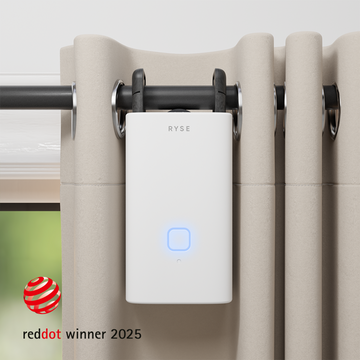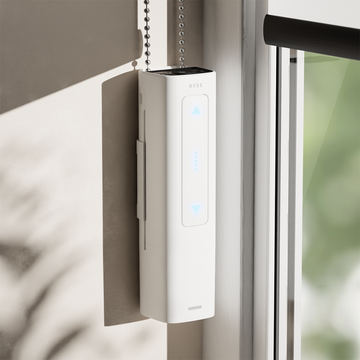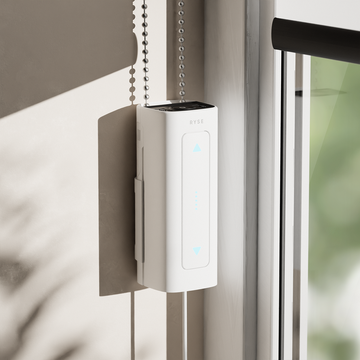Whether it’s your morning coffee, an afternoon energy drink, or even a late-night soda, caffeine is often the go-to solution for getting through the day. But what most people don’t realize is that even small amounts at the wrong time can sabotage your sleep, leading to restless nights and groggy mornings.
We’ll break down how caffeine really affects your sleep, how long it lingers in your system, and smart swaps you can make to stay energized without sacrificing your rest.
How Caffeine Impacts Sleep Quality
Caffeine works by blocking adenosine the chemical that builds up in your brain throughout the day and makes you feel sleepy. When caffeine is still active in your system at night, it interferes with sleep onset (how quickly you fall asleep) and reduces deep sleep, which is the most restorative stage.
Key effects of late-day caffeine:
-
Delays melatonin release
-
Reduces deep sleep duration
-
Increases time to fall asleep
-
Can cause lighter, more disrupted sleep cycles
Even if you fall asleep, caffeine can reduce sleep efficiency, leaving you feeling less rested the next morning.
How Long Does Caffeine Stay in Your System?
Caffeine has a half-life of about 5–6 hours, which means if you drink 200mg at 4 p.m., you could still have 100mg in your system at 10 p.m. — enough to affect sleep.
For some people (especially slow metabolizers), the effects can linger even longer. This makes timing your caffeine intake crucial.
Sleep-smart caffeine timing:
-
Cut off caffeine at least 6 hours before bedtime
-
For most people, that means no caffeine after 2 p.m.
-
Track your sleep and adjust based on how sensitive you are
Smart Swaps: Energy Without the Crash
If you’re trying to stay awake or alert but want to protect your sleep, try these healthy alternatives to caffeine late in the day:
Swap 1: Light Exposure
-
Bright, natural light boosts alertness and reduces melatonin temporarily
-
Use RYSE SmartShades to open automatically during your afternoon slump
Swap 2: Movement Breaks
-
A 10-minute walk or light stretch can stimulate circulation and improve focus
Swap 3: Hydration
-
Dehydration mimics fatigue, drink water before reaching for caffeine
Swap 4: Cold Face Splash or Aromatherapy
-
Cold water or energizing scents (like peppermint) stimulate your nervous system without affecting sleep later
Upgrade Your Sleep Environment, Too
If you rely on caffeine to “push through” poor sleep, the solution might not be more energy, it might be better recovery.
Try this instead:
-
Use RYSE SmartShades to block light at night and support melatonin production
-
Create a smart wind-down routine with dimmed lights, calming sounds, and cooler temperatures
-
Let your environment cue your brain that it’s time to rest, no stimulants needed
Frequently Asked Questions (FAQs)
1. How late is too late to drink caffeine?
For most people, avoid caffeine after 2 p.m. or at least 6 hours before your bedtime.
2. Can caffeine really stay in your system overnight?
Yes. Depending on your metabolism, caffeine can affect sleep hours after consumption even if you don’t feel "wired."
3. Are decaf drinks safe for sleep?
Mostly, yes but decaf still contains small amounts of caffeine. Avoid it within a couple hours of bedtime if you're very sensitive.
4. What’s better in the afternoon: tea or coffee?
Tea generally has less caffeine and a smoother effect on the nervous system, making it a better option after lunch.
5. Can smart home tools really replace the need for caffeine?
They can help. Natural light, temperature control, and gentle wake-up routines reduce your dependence on stimulants by improving real energy regulation.








